Thursday, July 3, 2025 From rOpenSci (https://ropensci.org/blog/2025/07/03/champions-2025/). Except where otherwise noted, content on this site is licensed under the CC-BY license.
We’re very excited to introduce the new rOpenSci Champions! This cohort will participate in the program and carry out their work in Spanish, allowing us to continue strengthening the open science and research software development community in this language. We’re excited about the projects they’ll be developing, which tackle real-world challenges across diverse disciplines and regions of Latin America.
We invite you to get to know each of these individuals and the projects they’ll be working on throughout the program.
🔗 Ana Carolina Moreno
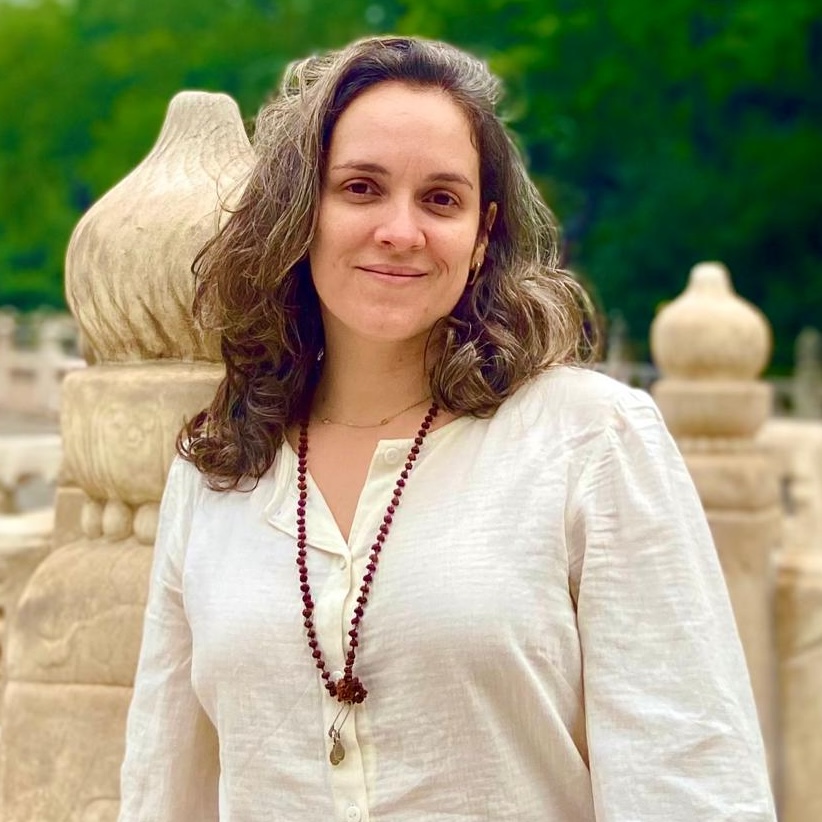
Ana Carolina MorenoPeriodista de datosDirectora en AbrajiCo-organizadora de R-Ladies São Paulo
I am a data journalist in Brazil and have worked 20 years in newsrooms or as a freelance reporter, including 13 years at TV Globo/g1, the main media group in the country. Since 2018 I have been using R to do statistical analysis and create data visualizations for news stories.
Currently I am a director of the Brazilian Association of Investigative Journalism (Abraji), co-organizer of R-Ladies São Paulo and taking the Lede Data Journalism Program at Columbia University in New York.
During the rOpenSci Program, my challenge will be to review and update the geobr package, created by Rafael Pereira and used by researchers and journalists from all over the world to generate maps of Brazilian territories.
I signed up for the program because I believe it is a rich opportunity to keep learning about R and the world of packages, and to collaborate more intimately with the R community in Latin America.
🔗 Diana Garcia Cortes
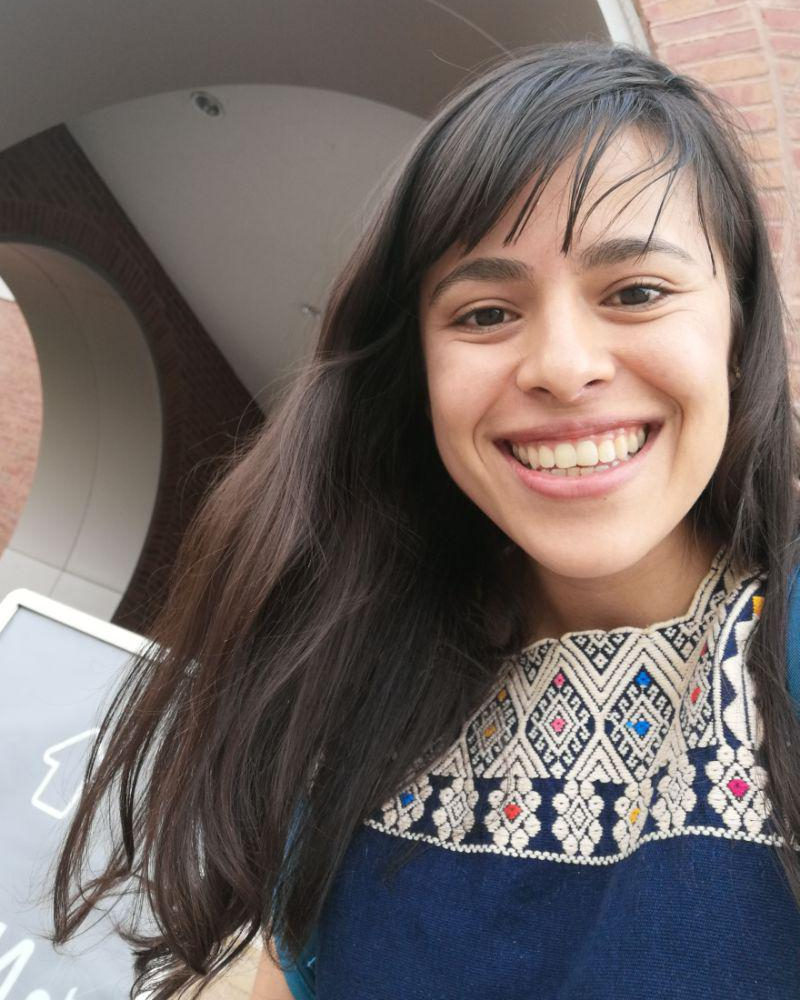
Diana García CortesDana-Farber Cancer Institute
I am a Mexican computational biologist working in the Breast Oncology Program at Dana-Farber Cancer Institute in Boston. I hold a BS in Computer Science and Technology, a Master’s degree in Computer Science, and a PhD in Biomedical Sciences.
I am passionate about leveraging my programming skills for cancer genomics research. My project involves developing a package to facilitate access to the data from the Metastatic Breast Cancer Project (MBCproject), a joint initiative of the Dana-Farber Cancer Institute, the Broad Institute, and the Count Me In organization. The MBCproject aims to accelerate research in metastatic breast cancer through the integration of a genomic and clinical dataset, integrated in collaboration with patients and patient support associations.
I am excited to participate in the Champions Program as it offers a great opportunity to learn within a community. I am also eager to receive feedback on my work, contribute to science and open data, and to learn and collaborate with the rOpenSci community.
🔗 Erick Navarro Delgado
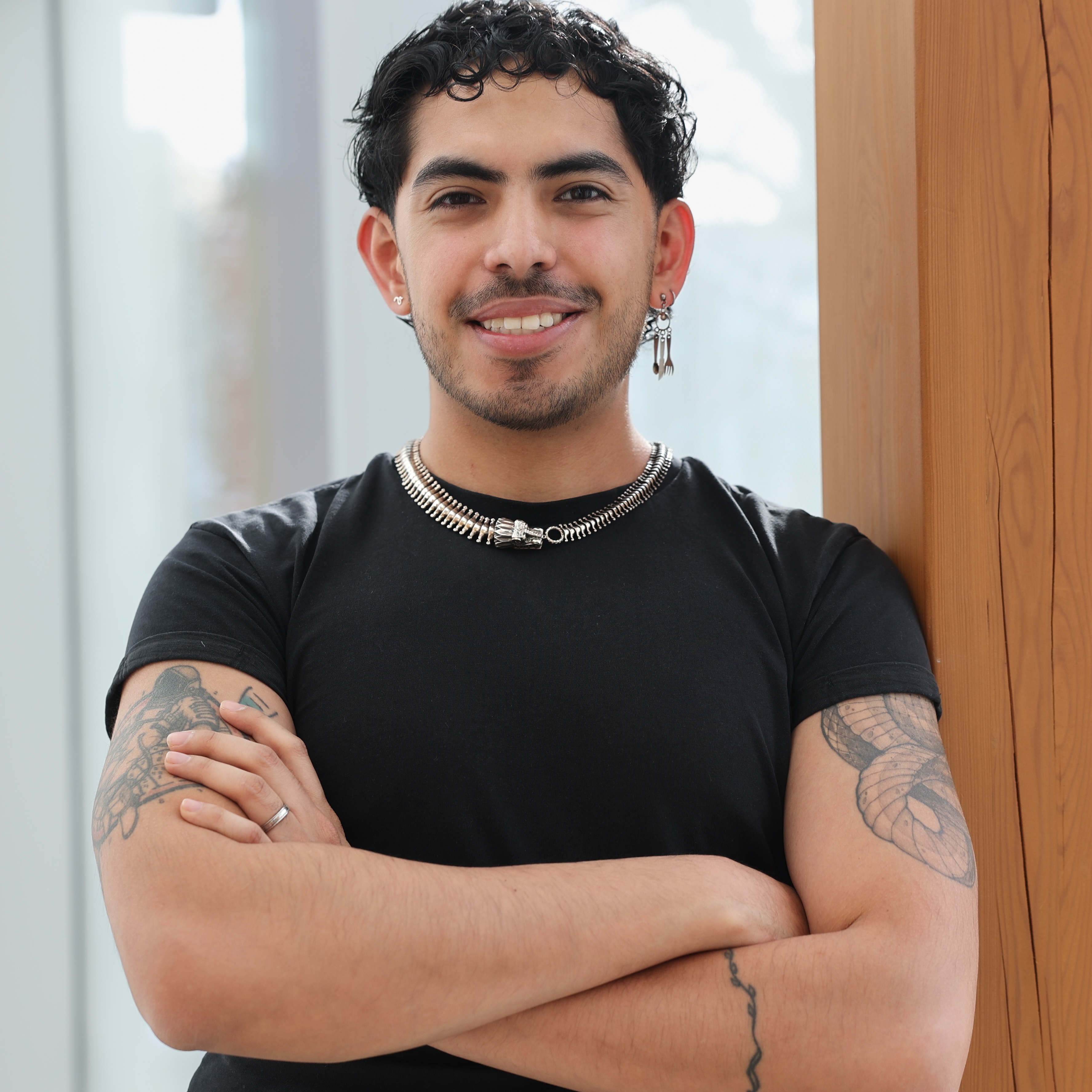
Erick Navarro DelgadoThe University of British Columbia
Hi! My name is Erick. I studied a B.Sc. in Biology at the Universidad Nacional Autónoma de México, and I am currently a PhD candidate in Bioinformatics at The University of British Columbia. I was born and raised in Mexico City, but I am living in Vancouver as part of my grad school. My research focuses on developing computational tools in R that integrate genome, exposome and methylome data to understand the factors that contribute to DNA methylation variability in human populations.
I am really excited to participate in the rOpenSci program because I am a firm believer that open and accessible science are essential to conduct research that is relevant to all individuals in our society. In this program I hope to connect with people from the R programming community, improve my proficiency as a software developer, and develop skills that allow me to support the R software development community in Latin America.
🔗 Guadalupe Pascal
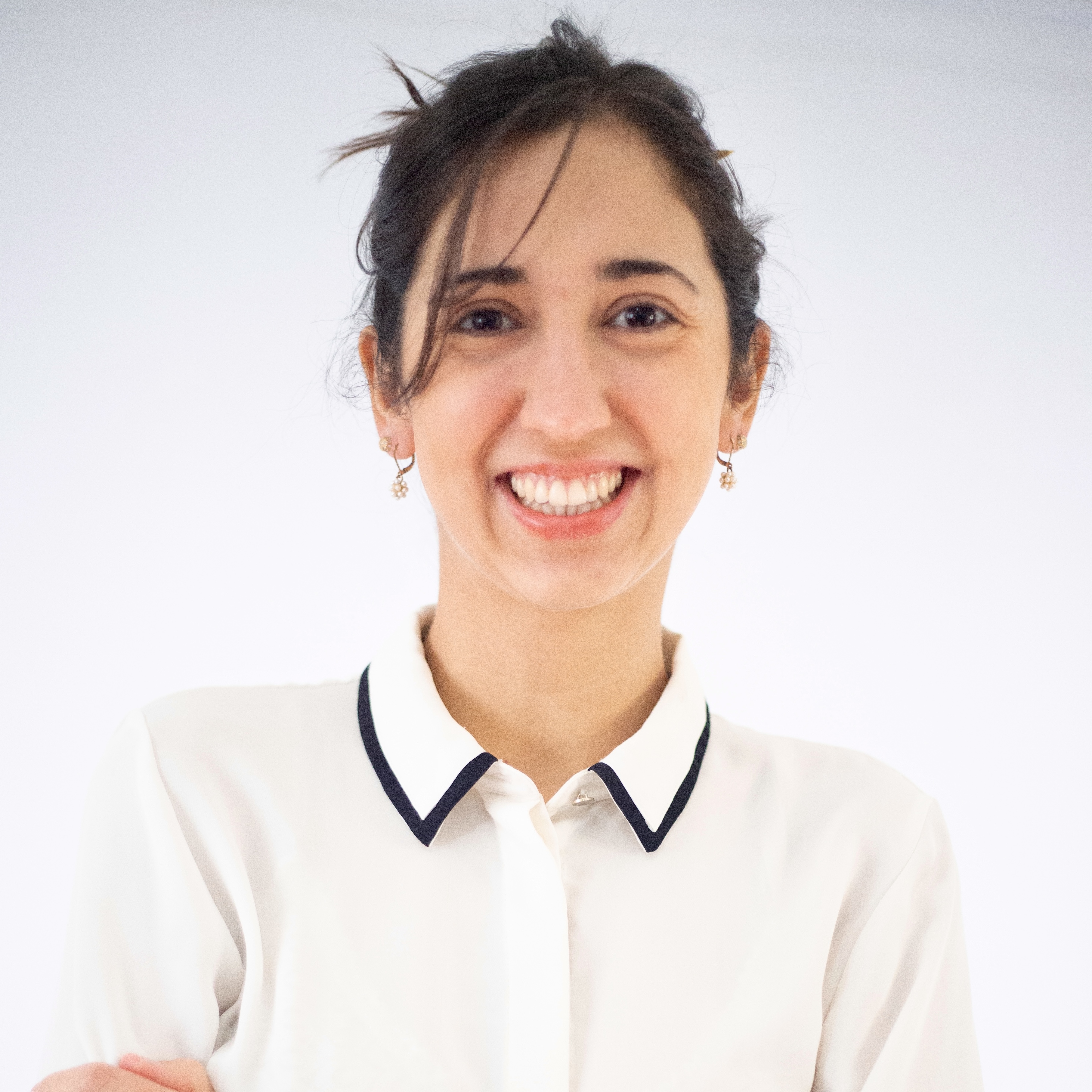
Guadalupe PascalUNLZ-UCA-UGRPrograma de Doctorado TICs URJCCALMatilda
Hi! I’m Guadalupe Pascal, a researcher in data science applied to decision making in business and social systems, always with an eye on the Global South. I am passionate about fostering and being part of collaborative projects with an interdisciplinary approach, open science and epistemic justice. My research interests include mathematical modeling, machine learning, natural language processing (NLP), cognitive neuroscience, gender and engineering education.
I am an Industrial Engineer from Universidad Nacional de Lomas de Zamora (Argentina), Master in Decision Systems Engineering from Universidad Rey Juan Carlos (Spain), and I am currently pursuing a PhD in Information and Communication Technologies (URJC) and in Engineering (UNLZ).
I work as an Associate Professor of Operations Research at the UNLZ and the Universidad Católica Argentina (UCA), I teach courses in Data Science and Machine Learning at the Universidad Gran Rosario (UGR), and I actively participate in the Latin American Open Chair Matilda and Women in Engineering.
I am especially excited to be part of the rOpenSci Champions Program to contribute to the development of accessible resources that promote the democratic use of artificial intelligence in Spanish. I firmly believe that in challenging contexts such as Latin America, open science offers a possible way for us to develop as a community.
🔗 Juan Camilo Rojas Hernandez
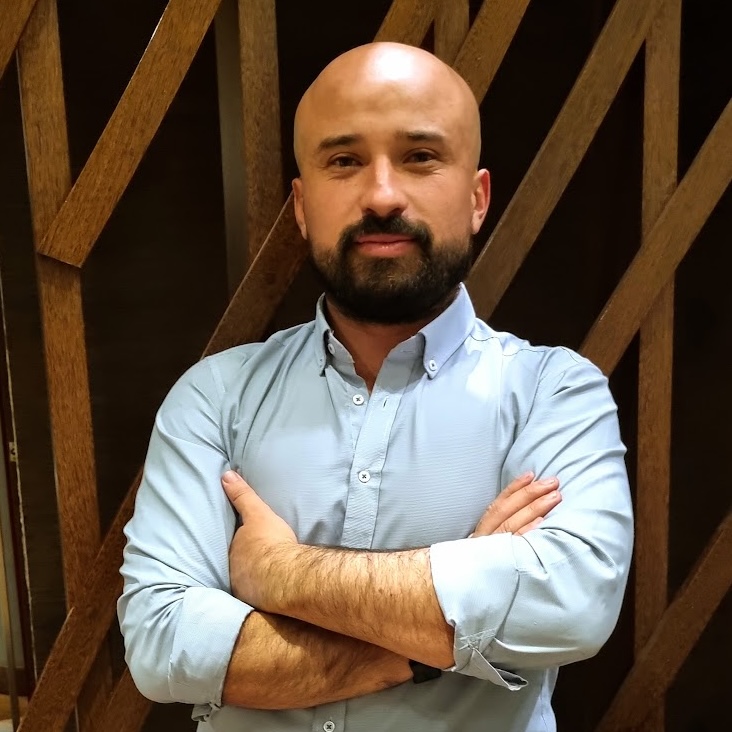
Juan Camilo Rojas HernandezConsultor en análisis de datos de salud públicaOrganización Panamericana de la Salud (OPS)
Hi, I am Juan Camilo Rojas Hernandez, from Colombia. I am currently working as an international consultant for the Pan American Health Organization (PAHO). My experience is focused on data analysis for public health surveillance, with special interest in open source tools.
My project in the rOpenSci Champions Program consists of developing a package in R that automates epidemiological surveillance processes, data cleaning and generation of specific analysis for public health institutions in Colombia. This package seeks to improve response times in the field and strengthen the use of open data and official sources.
I was motivated to apply because I consider that this is a great opportunity to learn good practices in the development of R packages and to create tools that generate real impact on public health in my country. In addition, I hope to be able to replicate this knowledge in local communities and contribute to a Latin American network of epidemiology researchers committed to open science.
🔗 Lucía Inés Rodríguez Planes
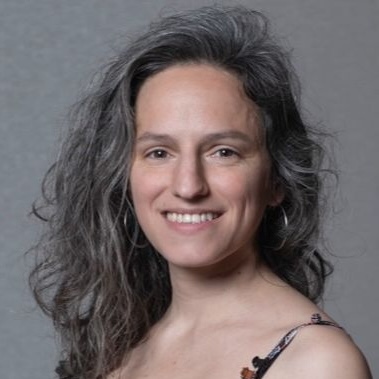
Lucía Inés Rodríguez PlanesAdministración de Parques NacionalesR-Ladies Ushuaia
I am a biologist and university professor working in wildlife conservation in southern Patagonia, Argentina. My undergraduate and doctoral training was at the University of Buenos Aires applying research in population dynamics to the management of situations of epidemiological and conservation interest.
Currently I work at the National Parks Administration as a Conservation Science Application Specialist. I have used R to analyze spatial and temporal data from camera traps, long-term wildlife monitoring and evaluation of invasive alien species management plans. I teach ecology to undergraduate and graduate students, technicians and park rangers; and I participate in spaces that promote the inclusion of women and diversity in science and technology, such as R-Ladies Ushuaia.
I plan to develop a package that will be the gateway to code-based solutions for conservation agents with little experience using R. Entirely written in Spanish and with complete demonstrative examples, I want it to become the initial toolbox for new users, from which to build more complex and specific workflows for particular cases. By participating in the Champions Program, I seek to learn how to promote effective dialogue between management and research, propose processes, and encourage ways to strengthen local capacities sustained over time.
🔗 Maria Valentina Clavijo Mesa
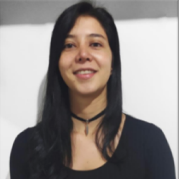
Maria Valentina Clavijo MesaLASAR3. R-Ladies Medellín
Hello, my name is Valentina Clavijo, and I am a PhD student at Politecnico di Milano (Italy). I am conducting my research at the LASAR3 laboratory, which focuses on the analysis and evaluation of the reliability, risk, and resilience of complex systems. I am originally from Medellin, Colombia and currently reside in Milan. I am also a co-founder of the R-Ladies Medellín chapter, where I actively promote the participation of women and underrepresented people in data science and R programming.
My project for the Champions Program consists of developing a package in R that facilitates the analysis of historical climate change data and the evaluation of the probability of extreme events in different regions of the world. I hope that this package can be useful for researchers and decision makers working with uncertain data and complex weather phenomena.
I applied to the program because I deeply believe that science should be open and shared, and because I want to further strengthen my technical and community skills. I hope to learn about best practices in software development, package publishing, and also connect with a diverse network of people who believe in the power of collaborative knowledge.
🔗 Mauro Loprete

Mauro LopreteUDELAR-IESTA
I am Mauro Loprete, I have a degree in Statistics from the Universidad de la República (UDELAR). I am currently an assistant professor in courses on computational statistics, data science and machine learning with R. I live in Montevideo and I am dedicated both to teaching and to the development of open tools for data analysis.
As a rOpenSci’s Champion, my project is the development of metasurvey an R package designed to facilitate reproducible analysis of surveys with complex sample designs. The package allows the creation of flexible and automated workflows for loading, processing and analyzing surveys over time, incorporating resampling and metaprogramming techniques. metasurvey was created as part of my undergraduate final project for my Bachelor’s degree in Statistics.
I applied to the program because I want to strengthen my skills in package development and actively contribute to the R ecosystem from Uruguay. I hope to learn from the experience and guidance of the rOpenSci community, and also to share what I have learned with students and colleagues, fostering a culture of open science and collaboration at my university and in the region.
Furthermore, my participation in the program represents a pioneering step within my institution: I would be the first undergraduate student to develop an R package with public outreach and actively contribute to an international open source community. I hope that this experience will motivate other students and faculty to get involved in open source development and reproducible research practices.
🔗 Monika Avila Marquez
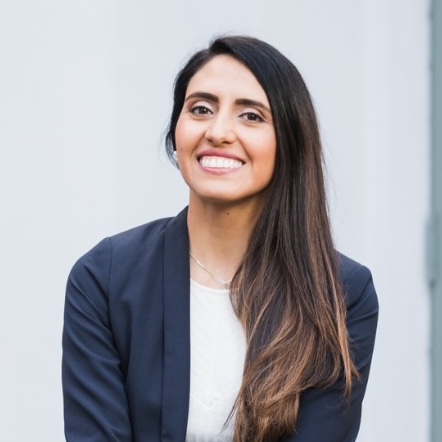
Monika Avila MarquezUniversidad de Ginebra
Hi, I am an econometrician with a Ph.D. in Econometrics from the University of Geneva. Currently, I am a Postdoctoral Rsearch Fellow at the same university.
I specialize in the analysis of panel (longitudinal) data and in the use of machine learning techniques to estimate econometric models. My research also focuses on model selection for mixed-effects models.
I am developing a new R package designed to facilitate the selection of the most appropriate model in settings with crossed random effects. Model selection is a common challenge in fields such as education, health, and longitudinal studies, where random effects do not follow a simple hierarchy.
🔗 Soledad Andrea Araya Orrego
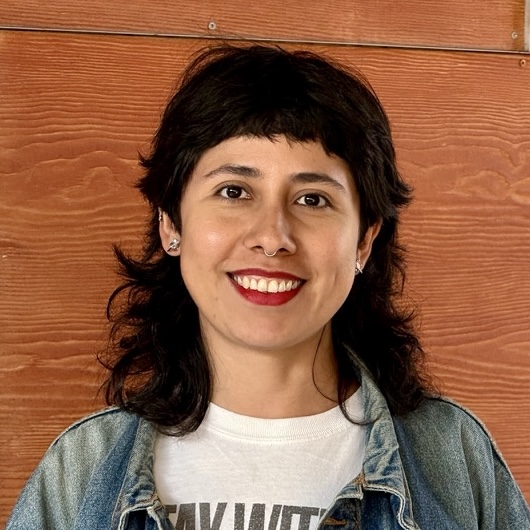
Soledad Andrea Araya OrregoDirección de Estudios Sociales UC
My name is Soledad Araya, I studied Political Science, and for the last 3 years I have been working as Project Manager at the Direction of Social Studies of the Pontificia Universidad Católica de Chile (DESUC), where my work consists, mainly, in the coordination of quantitative studies. For this reason, I use R on a daily basis: from the development of samples for the application of face-to-face surveys, to the construction of databases and subsequent analysis of results. In addition, I work as a teacher of methodological leveling in the Institute of Political Science of the same institution.
One of the main reasons why I applied to the program is because I want to develop a personal project that was born from the need to have accessible, standardized and ordered data on the results of elections in Chile. I know that this program will provide me with the necessary tools to achieve this, and I hope that this project will also be useful for all those who are curious about this type of information. The R community always generates spaces for growth and learning, and I hope to make the most of it.
🔗 Next steps
With the introduction of this new group of Campeon(e|a)s, we’re kicking off the third edition of the program. Over the next 12 months, these individuals will receive training in package development and community management, work on their projects, and engage in outreach and open science advocacy within their institutions and organizations.
If you’d like to follow the progress of their projects, stay tuned to our blog posts, newsletter updates, and social media channels.

